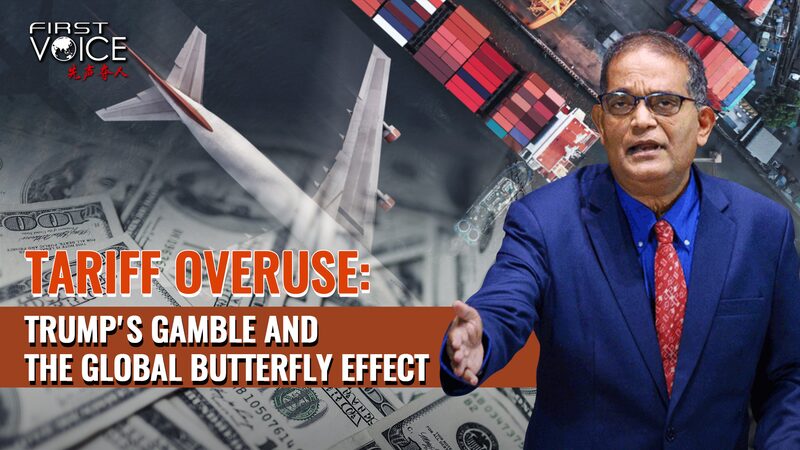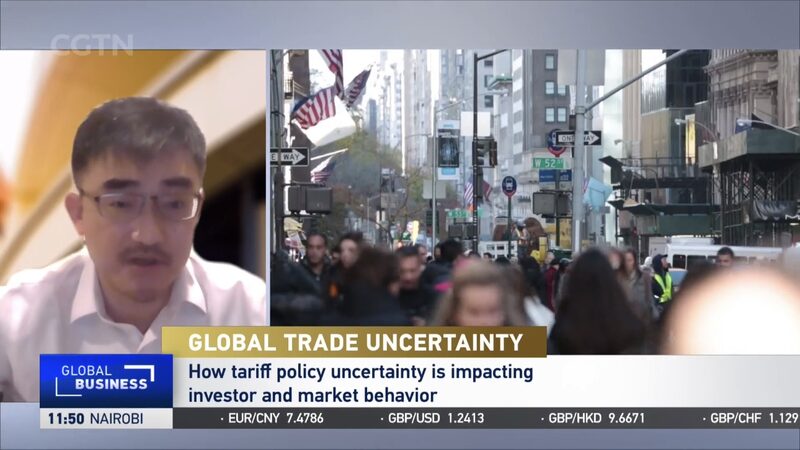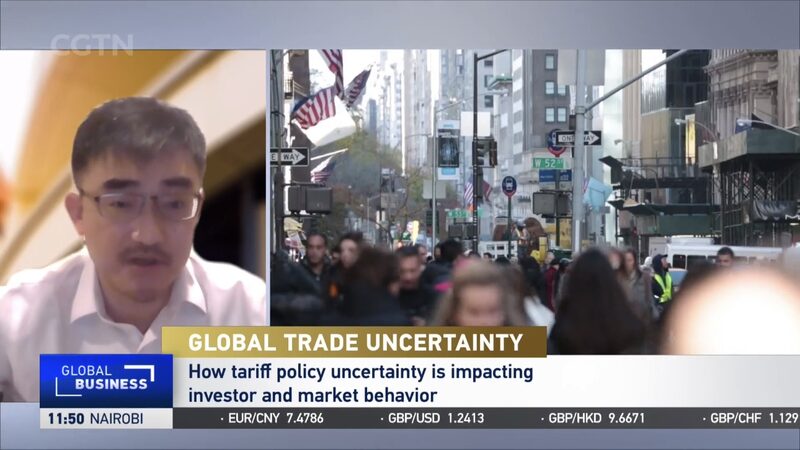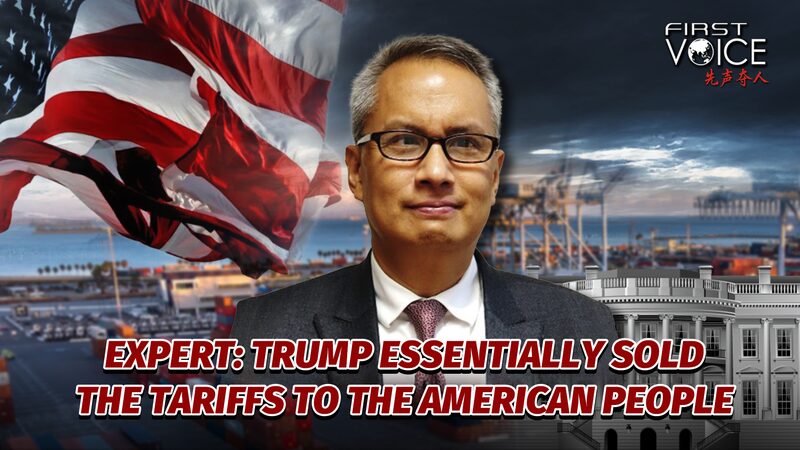The United States has recently intensified its trade strategy by imposing additional tariffs on Canada, Mexico, and the Chinese mainland. While the immediate objective appears to be reducing the trade deficit with these countries and boosting fiscal revenue, the long-term implications could be detrimental to the global market.
Economists argue that deploying tariffs as a tool in trade negotiations can act as a double-edged sword. On one hand, it provides leverage for Washington in bilateral discussions, potentially leading to more favorable trade agreements. On the other hand, the imposition of tariffs can escalate into a full-blown trade war, creating instability in international commerce.
Moreover, the ripple effects of these tariffs extend beyond national borders, disrupting established supply chains that many industries rely on. From manufacturing to technology sectors, businesses may face increased costs and operational challenges as a result of these trade barriers. This disruption not only affects large corporations but also has the potential to impact small and medium-sized enterprises globally.
The broader consequence of a trade war is the uncertainty it breeds among investors and consumers alike. As tensions rise, the predictability of market conditions diminishes, making it harder for businesses to plan and invest for the future. This uncertainty can stifle economic growth and innovation, undermining the very objectives the tariffs were intended to support.
In essence, while the United States may achieve certain fiscal and negotiating goals through its tariff policies, the overarching impact on the global economy could be akin to setting off a time bomb. The resultant tensions and supply chain disruptions suggest that, in the arena of trade wars, there are no clear winners.
Reference(s):
cgtn.com




